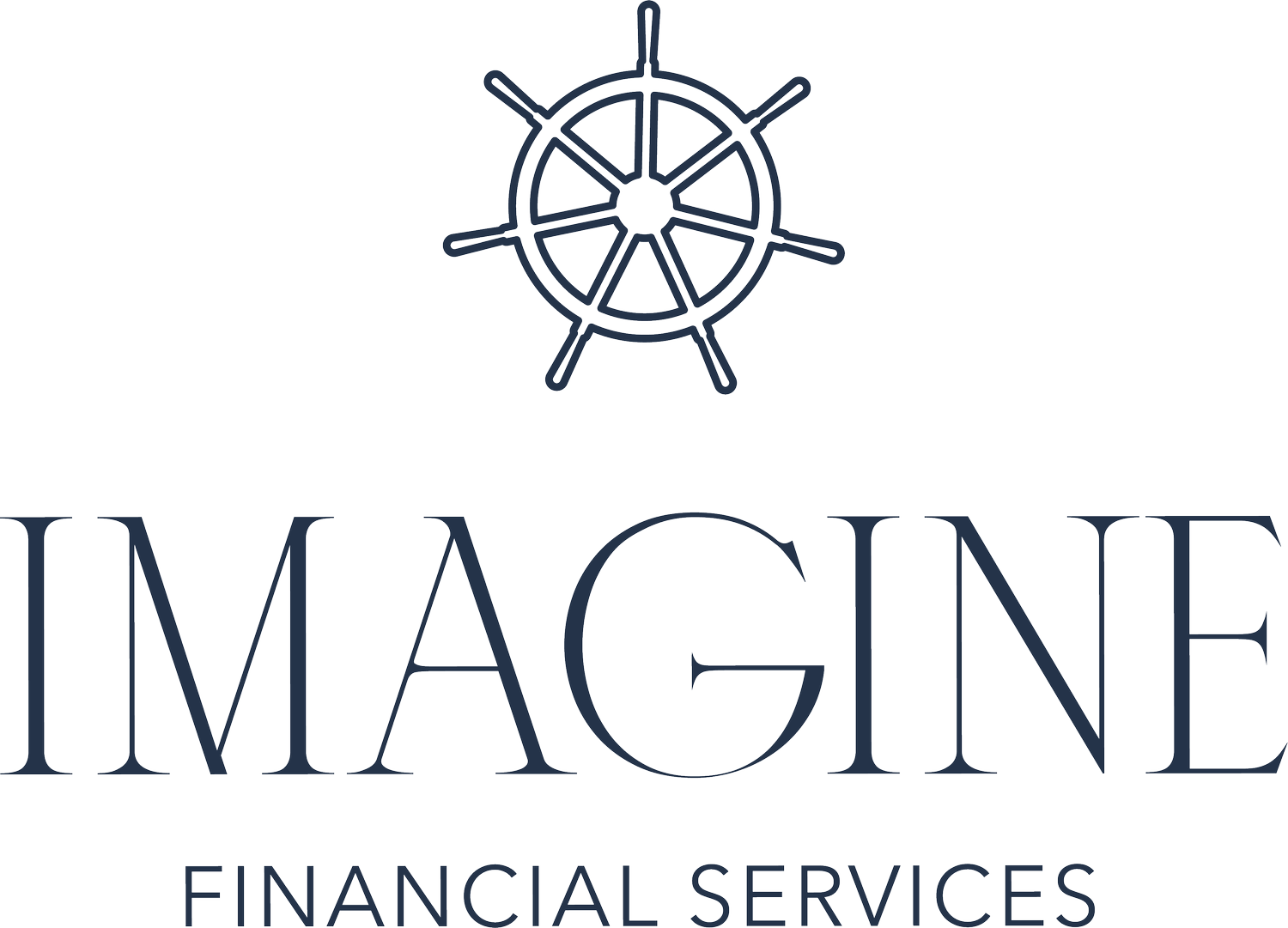The Purpose and Process of Financial Planning
The purpose of comprehensive financial planning is to help clients with the alignment of all of their resources and their goals. As a Certified Financial Planner™, my goal is to help clients understand and successfully manage their finances.
What makes up a Financial Plan?
Comprehensive planning is not just an analysis of cash flow and retirement accounts. Again, it is the alignment of all resources and goals. It includes the impact of taxes, risk management, current and legacy estate planning, and the behavioral relationship that comes into play with all of these elements.
Having a financial plan in place can take away the fear of the unknown. Will your plan stay on course? No, but if a person, couple, or business has a plan, they are more capable of handling unanticipated events, and then they can get back on track.
What is the Process of Financial Planning?
Financial plans are custom crafted according to each person or couple’s goals.
Plans may include but are not limited to cash flow analysis or restructuring, student loan or tuition planning, funding retirement goals, selecting appropriate investments, first-time home buyer calculations, or mortgage reduction/elimination strategies.
How long does it take to create the plan?
Depending on the needs and complexity, it can take between 4 months and a year for a comprehensive plan to be generated and implemented.
The availability of the client is another factor to be considered. Financial planners stay absorbed in financial planning, but our clients have other facets to their lives that may restrict their availability. Financial planning can be an emotional process for clients. Advisers need to stay cognizant that addressing finances is not their clients’ full-time job.
What type of financial professional is best for me?
The designation CFP® represents a Certified Financial Planner™ professional. A CFP® is rigorously educated and trained to provide financial planning and investment management advice for individuals and couples.
Chartered Financial Analyst® or CFA® charterholders generally apply their highly trained skill sets on an institutional or corporate level in investment management.
The financial world has what is known as an alphabet soup of designations, but CFP® and CFA® are widely recognized as the gold standard.
Specialists often obtain designation in certain fields; such as an ADPA®. This is the Accredited Domestic Partnership Advisor designation which prepares advisors to assist clients with advanced planning techniques specific to unmarried couples.
How do I choose the right financial advisor?
If you wish to work with a CFP® professional you can search the CFP Board website called Let’s Make A Plan for an advisor. CLICK HERE
The U.S. Security Exchange Commission (SEC) makes public various disclosure documents (including complaints), licenses, and registrations for advisors on their Investment Advisor Public Disclosure website. CLICK HERE
Do your homework. You will spend a lot of time working with your advisor and you will have to open up about financial topics not often discussed publicly. Don’t hesitate to interview more than one advisor. You need to feel confident working with the professional you choose.
How much does financial planning cost?
An experienced CFP® who owns an independent Registered Investment Advisor (RIA) practice or who works for an RIA may charge anywhere between $4000 – $20,000 or more for a comprehensive financial plan.
Many CFP® professionals also offer isolated project planning for a lower fee. They may even charge by the hour. Project planning is perfect for someone who has target-specific questions/goals that are limited in scope. Here are some examples:
Help, I can’t figure out where my money seems to go.
Can I afford to purchase a new car/house?
What is my optimal age to begin taking Social Security?
Investment advisors may also charge an annual percentage of assets under management (AUM).
Final Check List
Before setting up an interview, read the firm’s website or call/email to inquire if account minimums are required to work with their advisor.
You will need to be willing to open up about all of your financial matters. When interviewing advisors, the person you choose should feel like a good fit. They should be someone you want to talk with both personally and professionally. Remember, this is a relationship that will be ongoing for quite a bit of time.
